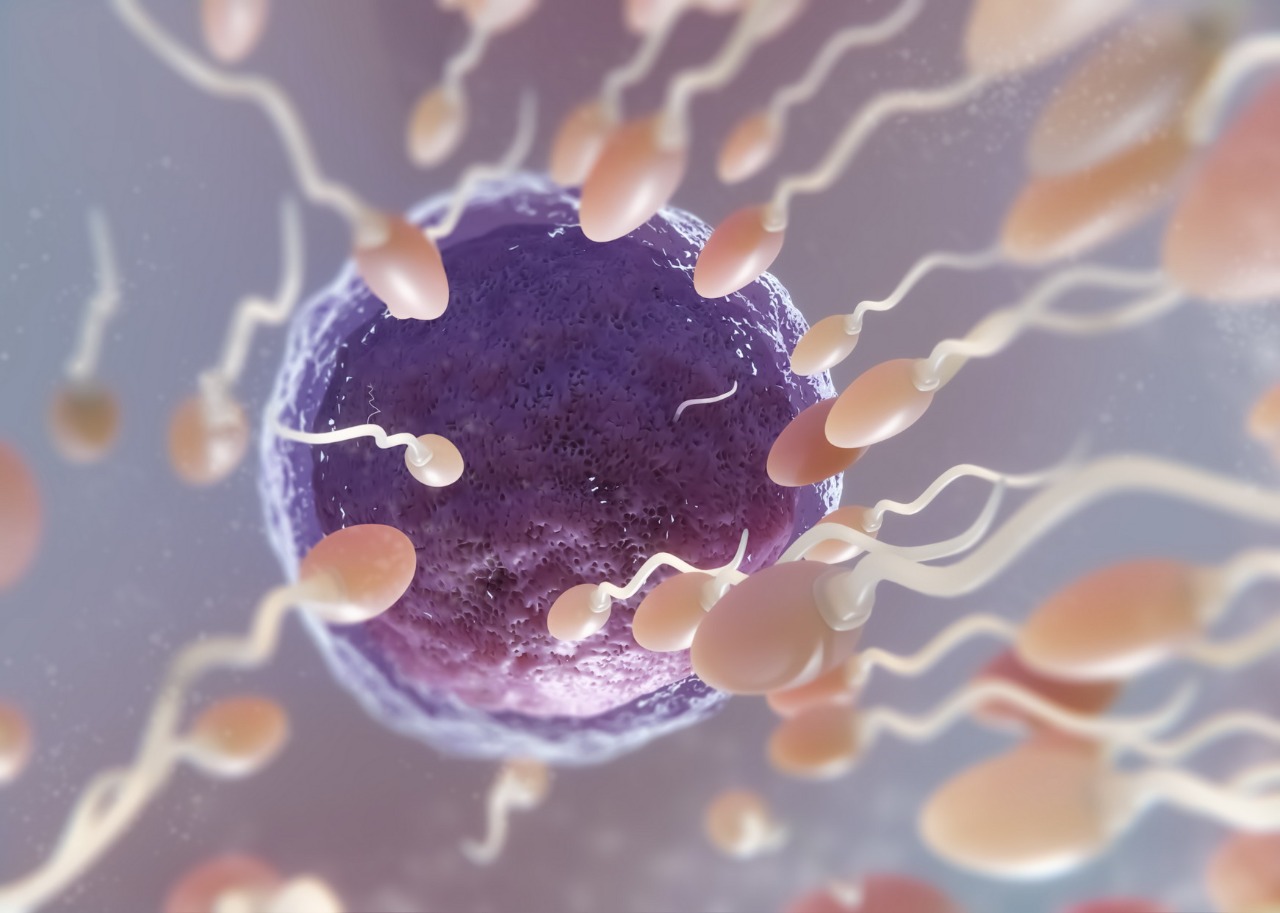Factors in infertility score on referral and non-referral cases who underwent In Vitro Fertilization (IVF) treatment at a fertility clinic in Surabaya, Indonesia

Downloads
HIGHLIGHTS
1. Infertility score should be identified to obtain successful outcome of In Vitro Fertilization (IVF).
2. Factors considered in determining the infertility score were examined.
3. Each factor in infertility score (e.g, age, duration of infertility, menstrual cycle, pelvic pain etc.) has its own different degrees of severity that influence the outcome of IVF.
ABSTRACT
Objectives: To examine the factors used in infertility score on referral and non-referral cases who underwent IVF treatment at Fertility Clinic of Graha Amerta, Dr. Soetomo General Academic Hospital, Surabaya, Indonesia, in 2014-2016
Materials and Methods: This research was a descriptive analytic retrospective study using secondary data from medical records at Fertility Clinic of Graha Amerta in 2014-2016. With a total sampling technique, a total of 342 referral and non-referral infertility cases were obtained. The variables in this study were the factors considered in infertility score.
Results: From a total of 342 cases, 44% had the wife's age in the range of 30-35 years, 80.1% had an infertile duration of > 3 years, and 54.7% had one type of pelvic pain, 68.4% still had regular menstrual cycles, and about 76% did not have a history of pelvic infection. On sperm analysis factor, there were 27.5% of men who fell into the severe category according to infertility score. There was a significant difference in the duration of infertility and sperm morphology in referral and non-referral cases.
Conclusion: Infertility score can be useful because each case has its own infertility factors with different degrees of severity, which leads to infertility.
Mascarenhas MN, Flaxman SR, Boerma T, et al. National, regional, and global trends in infertility prevalence since 1990: a systematic analysis of 277 health surveys. PLoS Med. 2012;9(12):e1001356. doi: 10.1371/journal.pmed.1001356. Epub 2012 Dec 18. PMID: 23271957; PMCID: PMC3525527.
Harzif AK, Santawi VPA, Wijaya S. Discrepancy in perception of infertility and attitude towards treatment options: Indonesian urban and rural area. Reprod Health. 2019;16(1):126. doi: 10.1186/s12978-019-0792-8. PMID: 31426818; PMCID: PMC6700767.
Samsulhadi. Sistem rujukan kasus infertilitas (berdasarkan faktor risiko) [Infertility case referral system (based on the risk factors)]. Indonesian Journal of Obstetrics and Gynecology. 2007;31(1): 49-56.
Sa'adah N, Purnomo W. Karakteristik dan perilaku berisiko pasangan infertil di Klinik Fertilitas dan Bayi Tabung Tiara Cita, Rumah Sakit Putri Surabaya [Characteristics and risky behavior of infertile couples]. Jurnal Biometrika dan Kependudukan. 2017;5(1): 61.
Bennett LR, Wiweko B, Bell L, et al. Reproductive knowledge and patient education needs among Indonesian women infertility patients attending three fertility clinics. Patient Educ Couns. 2015;98(3):364-9. doi: 10.1016/j.pec.2014.11.016. Epub 2014 Nov 24. PMID: 25477052.
Cimadomo D, Fabozzi G, Vaiarelli A, et al. Impact of maternal age on oocyte and embryo competence. Front Endocrinol (Lausanne). 2018;9:327. doi: 10.3389/fendo.2018.00327. PMID: 30008696; PMCID: PMC6033961.
American College of Obstetricians and Gynecologists Committee on Gynecologic Practice and Practice Committee. Female age-related fertility decline. Committee Opinion No. 589. Fertility and Sterility. 2014;101(3): 633-4.
Deshpande PS, Gupta AS. Causes and Prevalence of Factors Causing Infertility in a Public Health Facility. J Hum Reprod Sci. 2019;12(4):287-93. doi: 10.4103/jhrs.JHRS_140_18. Epub 2019 Dec 17. PMID: 32038077; PMCID: PMC6937760.
Sadeghi MR. Unexplained infertility, the controversial matter in management of infertile couples. J Reprod Infertil. 2015;16(1):1-2. PMID: 25717428; PMCID: PMC4322174.
Wesselink AK, Wise LA, Hatch EE, et al. Menstrual cycle characteristics and fecundability in a North American preconception cohort. Ann Epidemiol. 2016;26(7):482-7.e1. doi: 10.1016/j. annepidem.2016.05.006. Epub 2016 May 31. PMID: 27449569; PMCID: PMC4964792.
Bae J, Park S, Kwon JW. Factors associated with menstrual cycle irregularity and menopause. BMC Womens Health. 2018;18(1):36. doi: 10.1186/s12905-018-0528-x. PMID: 29409520; PMCID: PMC5801702.
Macer ML, Taylor HS. Endometriosis and infertility: a review of the pathogenesis and treatment of endometriosis-associated infertility. Obstet Gynecol Clin North Am. 2012;39(4):535-49. doi: 10.1016/j.ogc.2012.10.002. PMID: 23182559; PMCID: PMC3538128.
Vassilopoulou L, Matalliotakis M, Zervou MI, et al Endometriosis and in vitro fertilisation. Exp Ther Med. 2018;16(2):1043-51. doi: 10.3892/etm. 2018.6307. Epub 2018 Jun 13. PMID: 30116357; PMCID: PMC6090275.
Jennings LK, Krywko DM. Pelvic Inflammatory Disease. In: StatPearls [Internet]. Treasure Island (FL): StatPearls Publishing; 2022 –. PMID: 29763134.
Hubacher D. Intrauterine devices & infection: review of the literature. Indian J Med Res. 2014;140 Suppl(Suppl 1):S53-7. PMID: 25673543; PMCID: PMC4345753.
World Health Organization. WHO laboratory manual for the examination and processing of human semen. 5th ed. Geneva: World Health Organization; 2010.p. 9-102
Kumar N, Singh AK. Trends of male factor infertility, an important cause of infertility: A review of literature. J Hum Reprod Sci. 2015;8(4):191-6. doi: 10.4103/0974-1208.170370. PMID: 26752853; PMCID: PMC4691969.
Butt F, Akram N. Semen analysis parameters: experiences and insight into male infertility at a tertiary care hospital in Punjab. J Pak Med Assoc. 2013;63(5):558-62. PMID: 23757979.
Khatun A, Rahman MS, Pang MG. Clinical assessment of the male fertility. Obstet Gynecol Sci. 2018;61(2):179-91. doi: 10.5468/ogs.2018.61. 2.179. Epub 2018 Mar 5. PMID: 29564308; PMCID: PMC5854897.
Sati L, Huszar G. Sperm motility and viability: Overview of the cellular and physiological aspects that support these functions. European Medical Journal. 2015;1(1): 74-80.
Gatimel N, Moreau J, Parinaud J, et al. Sperm morphology: assessment, pathophysiology, clinical relevance, and state of the art in 2017. Andrology. 2017;5(5):845-862. doi: 10.1111/andr.12389. Epub 2017 Jul 10. PMID: 28692759.
Copyright (c) 2022 Majalah Obstetri & Ginekologi

This work is licensed under a Creative Commons Attribution-NonCommercial-ShareAlike 4.0 International License.
1. Copyright of the article is transferred to the journal, by the knowledge of the author, whilst the moral right of the publication belongs to the author.
2. The legal formal aspect of journal publication accessibility refers to Creative Commons Attribution-Non Commercial-Share alike (CC BY-NC-SA), (https://creativecommons.org/licenses/by-nc-sa/4.0/)
3. The articles published in the journal are open access and can be used for non-commercial purposes. Other than the aims mentioned above, the editorial board is not responsible for copyright violation
The manuscript authentic and copyright statement submission can be downloaded ON THIS FORM.



















